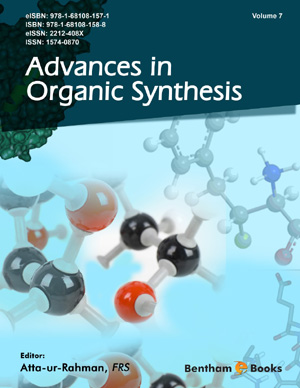Abstract
Water beyond its boiling temperature has been investigated by numerous theoretical and experimental tools including classical and quantum simulations, Neutron Scattering, Nuclear Magnetic Resonance, Infra−Red, and a more recent Tetrahertz Vibrational−Rotational−Tunnelling spectroscopic technique. Water becomes Super Critical Water (SCW) when it reaches temperature 647 K with critical pressure and density at which vapour and liquid phases coexist. SCW has been found to have exceptional properties such that many chemical reactions can be efficiently carried out without the presence of catalysts, and hence is considered as a better alternative to many of the traditional reagents, which are currently being used in organic synthesis. It is also effective in biofuel production and in burying toxic waste products by converting them to water and CO2. Simulations and experiments point into dramatic changes in the intermolecular structure of water at elevated temperatures signalled by depletion of tetrahedral hydrogen bonding network, which gives rise to higher population of water clusters than found in ambient water, with varying size and geometry. Cyclic water isomers are found to be stable up to clusters containing five water molecules, whereas three dimensional cage structures are found to be stable in higher analogues. Density along with temperature plays a vital role in determining diffusive properties of SCW. It has been demonstrated by numerous experiments and computer simulations that a proportional increase in hydrogen bonding is observed as density increases. On the contrary, diffusive motion of water molecules is retarded upon a hike in density.
Keywords: Ab-initio, Aldol, Benzamide, Cannizzaro, Density, Dimers, Friedel Craft, Hexamer, IR, NMR, Pentamer, SCW, Tetrahedral, Tetramer, Trimer, Water Clusters.






















